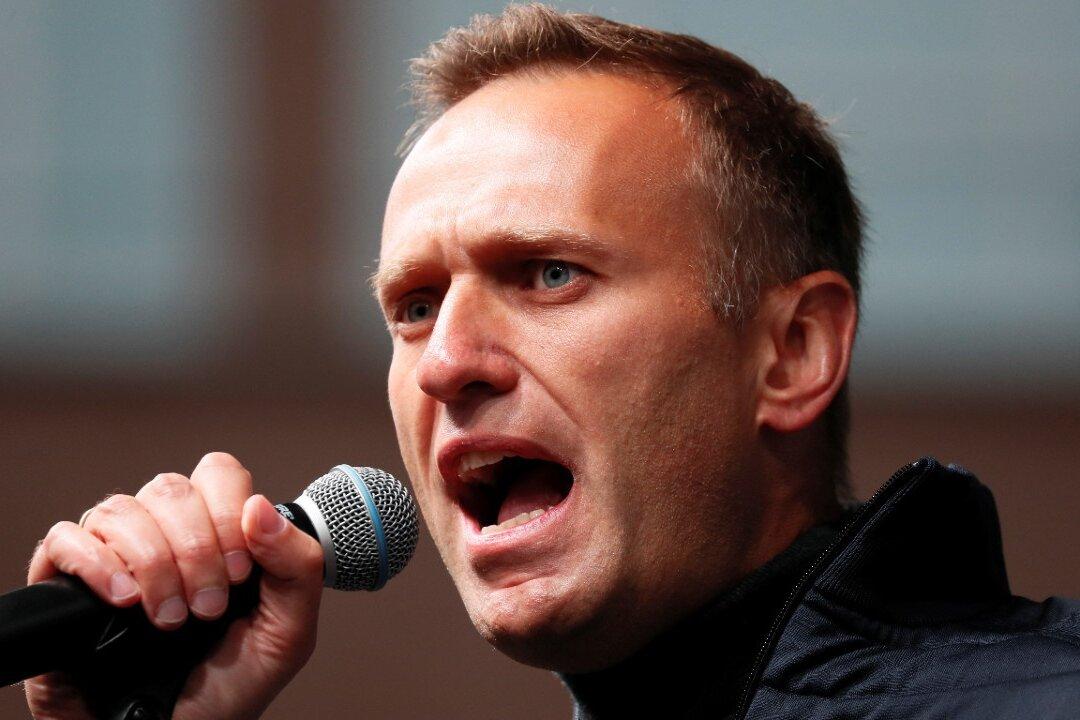BRUSSELS—NATO Secretary-General Jens Stoltenberg on Friday condemned the “appalling assassination attempt” on Russian opposition politician Alexei Navalny and called on Moscow to answer questions about the poisoning to international investigators.
Navalny, a Kremlin critic and corruption investigator, fell ill on a flight to Moscow on Aug. 20 and was taken to a hospital in the Siberian city of Omsk. He has been in an induced coma in a Berlin hospital since he was flown to Germany for treatment more than a week ago.





